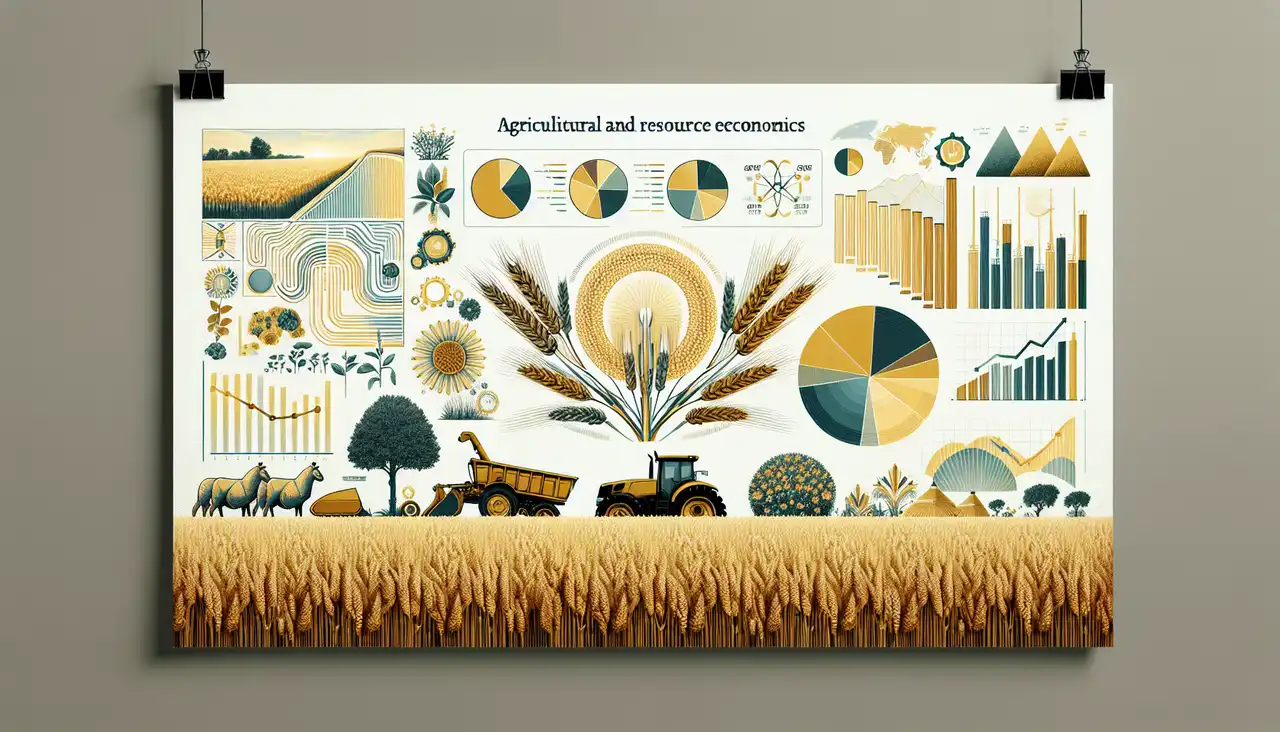

Rick Stowell
Rick Stowell is a distinguished Professor of Biological Systems Engineering at the University of Nebraska-Lincoln, where he has made significant contributions to the field of agricultural engineering. He earned his Ph.D. in Agricultural Engineering from Michigan State University, a testament to his dedication and expertise in the discipline. Before joining the University of Nebraska-Lincoln, Rick honed his skills and knowledge as an Instructor and Assistant Professor at Ohio State University, where he laid the groundwork for his future endeavors in animal environmental engineering. Rick's work has been recognized with several prestigious awards, including the National Pork Board Swine Innovation Award, highlighting his innovative contributions to the industry. His research interests are deeply rooted in animal housing systems, heat stress abatement, and environmental enhancement, areas in which he has developed a strong reputation. Rick's involvement in professional societies such as the American Society of Agricultural and Biological Engineers (ASAE) and the American Society for Engineering Education (ASEE) underscores his commitment to advancing these fields. Throughout his career, Rick has been successful in securing numerous grants to support his research projects, particularly those focused on improving air quality in animal agriculture. His work has been instrumental in developing strategies for odor control, reducing gas emissions, and enhancing animal welfare in agricultural settings. Rick's expertise is widely recognized, and his contributions are evident through his extensive publications and extension programs. Rick's dedication to his field extends beyond research, as he actively engages in outreach and education to share his findings with the broader community. His efforts have not only advanced scientific understanding but have also provided practical solutions to real-world challenges faced by the agricultural industry. Through his work, Rick continues to make a lasting impact on the sustainability and efficiency of animal agriculture, ensuring that it meets the demands of the future while maintaining high standards of animal welfare and environmental stewardship.